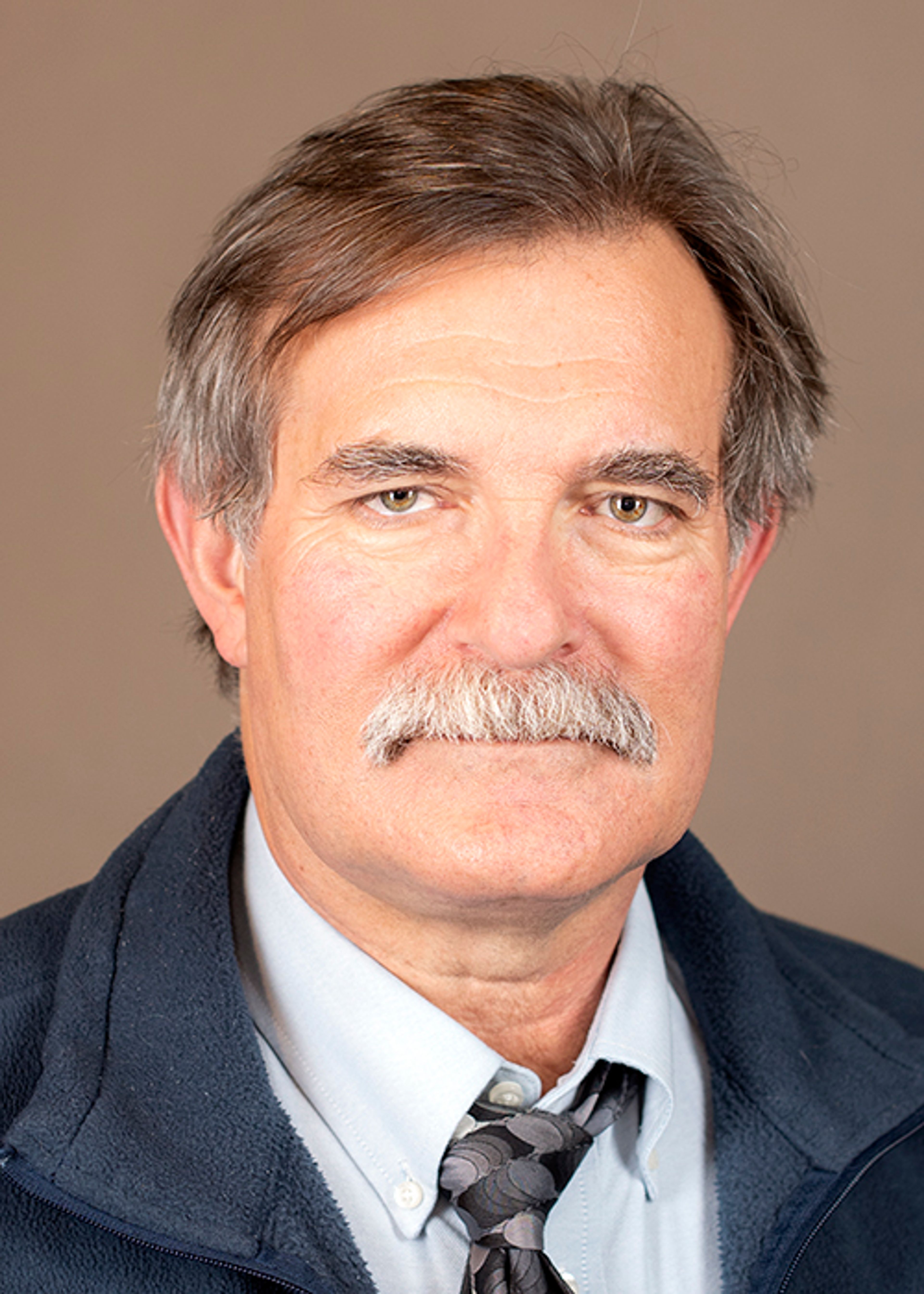OPINION: Idaho is perpetuating the machinery of death
Editorial: The Tribune’s Opinion
Thomas Creech has about the same chance of avoiding an execution as anyone else in this country who has survived a failed lethal injection.
In other words, none.
On Feb. 28, state Department of Correction officials halted Creech’s execution after 12 failed attempts to find a suitable vein. That made Creech the sixth American to survive a botched execution and his lawyers argue subjecting him to a second attempt constitutes cruel and unusual punishment under the U.S. Constitution. The execution is on hold pending the outcome.
But the cruel and unusual punishment argument hasn’t worked elsewhere. Three of the men who lived through a failed execution — Romell Broom and Alva Campbell, both of Ohio, and Doyle Ray Hamm of Alabama — died of COVID-19 or cancer.
That left:
Kenneth Eugene Smith, of Alabama, who was executed by nitrogen gas on Jan. 15.
Alan Eugene Miller, of Alabama, who also was executed by nitrogen gas on Sept. 26.
If Idaho has its way, Creech will die through lethal injection. Only this time, the execution team will access larger veins to run a catheter to his heart.
Aside from the fact that he has spent more than 50 years on Idaho’s death row, Creech’s case hasn’t generated a lot of sympathy.
The Idaho Commission on Pardons and Parole split 3-3 on the argument that enough time had lapsed and Gov. Brad Little has refused to spare Creech.
Creech has been convicted of five murders, including three in Idaho. After a court ruling spared his life in an earlier case of murder, Creech was convicted of another, this time of a fellow inmate, David Dale Jensen.
And while the sentencing judge, Robert G. Newhouse, and prosecutor, Jim Harris, say too much time has gone by and have advocated leniency, Jensen’s survivors do not.
“Thomas Eugene Creech is a manipulative serial killer — with a fan club — and he murdered my dad, David Dale Jensen,” wrote Brandi Jensen in a statement earlier this year.
Whether Creech dies of natural causes or lethal injection matters in this one respect: By executing someone for the first time in a dozen years, Idaho would perpetuate the machinery of death. Once a state breaks that psychological barrier, conducting subsequent executions becomes easier.
So concluded Brandon L. Garrett, now of the Duke University School of Law.
As the Death Penalty Information Center observed in 2017, Garrett’s statistical analysis from 1990 to 2016 “found that states and counties that most frequently executed people developed what he terms a ‘muscle memory’ for the practice and ‘imposed far more death sentences just as a function of having done so in the past.’ ”
Once the criminal justice system learns how to carry out a death sentence, it establishes a routine. Precedents feed other precedents. Deadlines become tighter. Evidence and legal arguments that once consumed years, if not decades, get compressed. Instead of inertia holding back executions, there’s new momentum behind them.
What emerges is the psychology and hazards of shortcuts.
Why should that matter?
Twice, Idaho’s reluctance to proceed more quickly toward carrying out executions provided the state with enough time to exonerate two death row inmates — Charles Irwin Fain and Donald Paradis.
They are among 200 condemned people across the United States who were freed on evidence of innocence.
Creating this so-called “muscle memory” of capital punishment would make Idaho an outlier at a time when 23 states have abolished the death penalty, three governors have imposed moratoriums against it and executions elsewhere are so rare that the practice is all but gone in nearly three-quarters of the states. The number of death sentences imposed is down 85% since the turn of the century. During that same time, the number of executions carried out has dropped 75%.
Last year, a slight majority — 50% — told the Gallup Crime Survey said that the death penalty was applied unfairly.
All of which has a sound basis in fact.
How can you deny the disproportionality of this penalty when Gary Ridgway, the Green River killer, Nikolas Cruz, who murdered 17 people at Marjory Stoneman Douglas High School at Parkland, Fla., and James Holmes, who slaughtered 12 people at an Aurora, Colo., movie theater will live out their lives in prison?
If or when Creech’s execution is carried out, his values — the values of a killer — will advance in Idaho. The state will become more like Creech, not less. — M.T.









